The VNC Campaign was involved in the creation of the ASEAN Progressive Muslim Movement (APMM) in Year 1 of the WRRC Programme, and supported the attendance of the VNC Campaign Manager and a delegate from the SCN-CREST in Indonesia. The APMM is a civil society group that was formed as an outcome of a regional meeting of Southeast Asian human rights advocates held in Jakarta, Indonesia on 16-17 October 2009. The meeting was organized to examine how certain interpretations of Muslim laws are affecting the rights of the women in Muslim contexts in the region and undermining democratic institutions and processes in countries like Malaysia, Indonesia, the Mindanao region in the Philippines and Thailand. APPM has members from 21 organizations in ASEAN countries.
To run its activities, the regional meeting appointed focal points of APMM, to develop the network to play a significant role in influencing the environment in ASEAN countries to become supportive of women’s rights and gender equality. There is a need to update the current understanding of how politicized Islam is becoming strengthened in some ASEAN countries. There are some indications from cases reported in the media that politicized Islam is increasing in places like Indonesia and Malaysia. On the other hand, the ASEAN region itself has had a lot of progress in term of the building a sub-regional human rights body in the ASEAN region. The focal points need to analyse the new trends in ASEAN and then develop plan to communicate APPM concerns on the spread of politicizing Islam in ASEAN countries.
The proposed objectives are as follows:
- To contribute in updating new developments and challenges of women’s situation in the context of the politicization of Islam in ASEAN countries by having involvement from three delegations from Philippines, Thailand and Aceh.
- To develop a strategy to communicate the APMM concern on how politicization of Islam has an impact on Muslim women’s rights in ASEAN countries.
- To communicate the APMM recommendation to stakeholders including ASEAN leaders and ASEAN human rights’ bodies.

